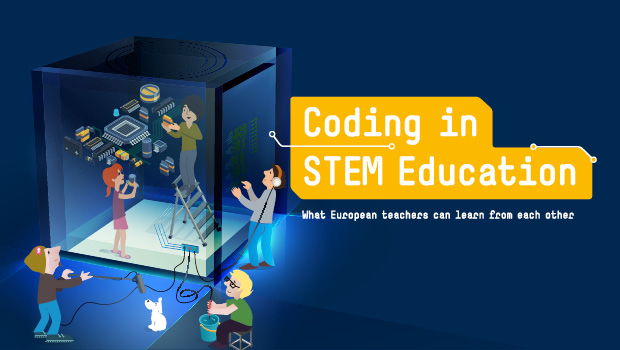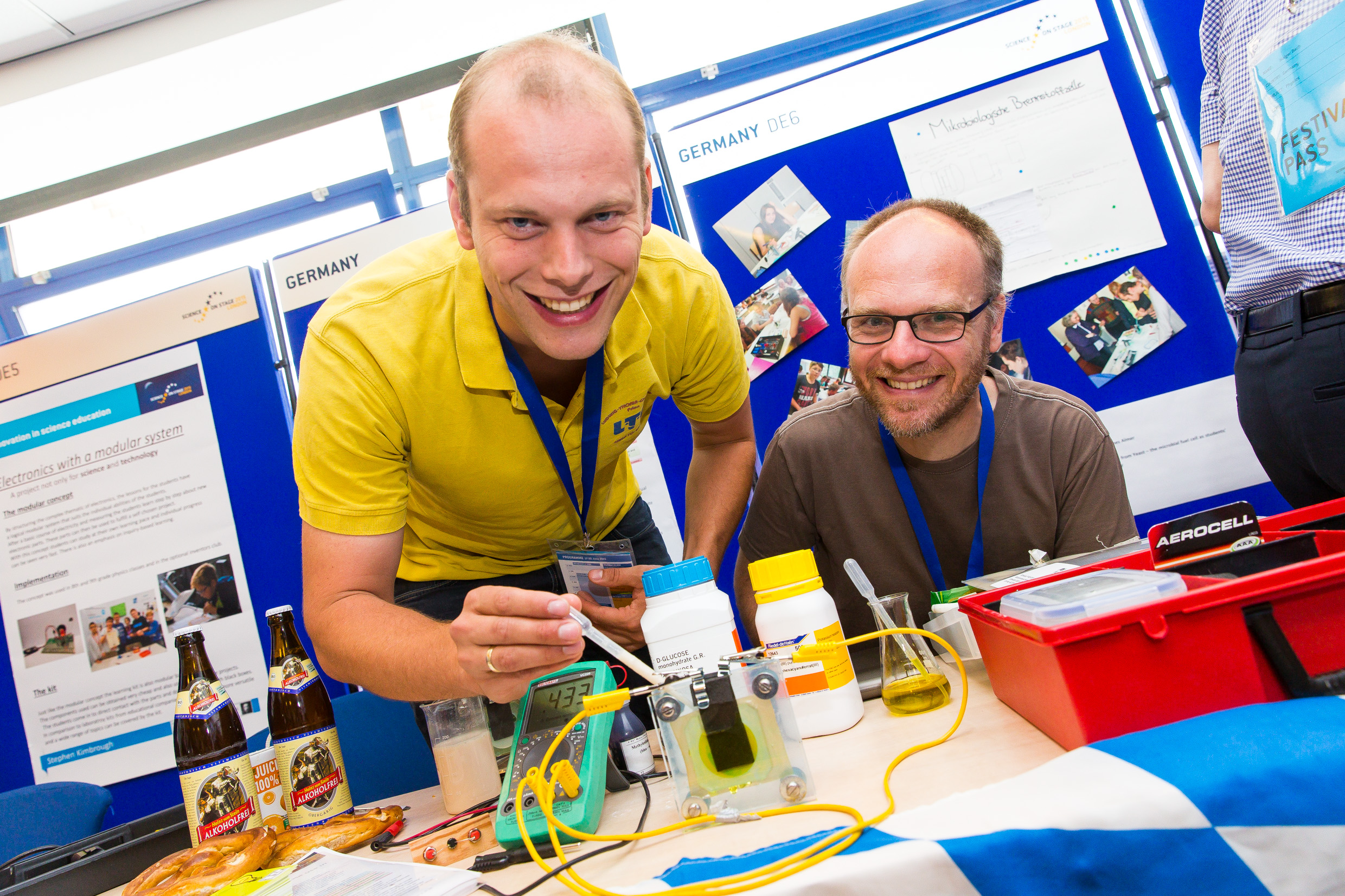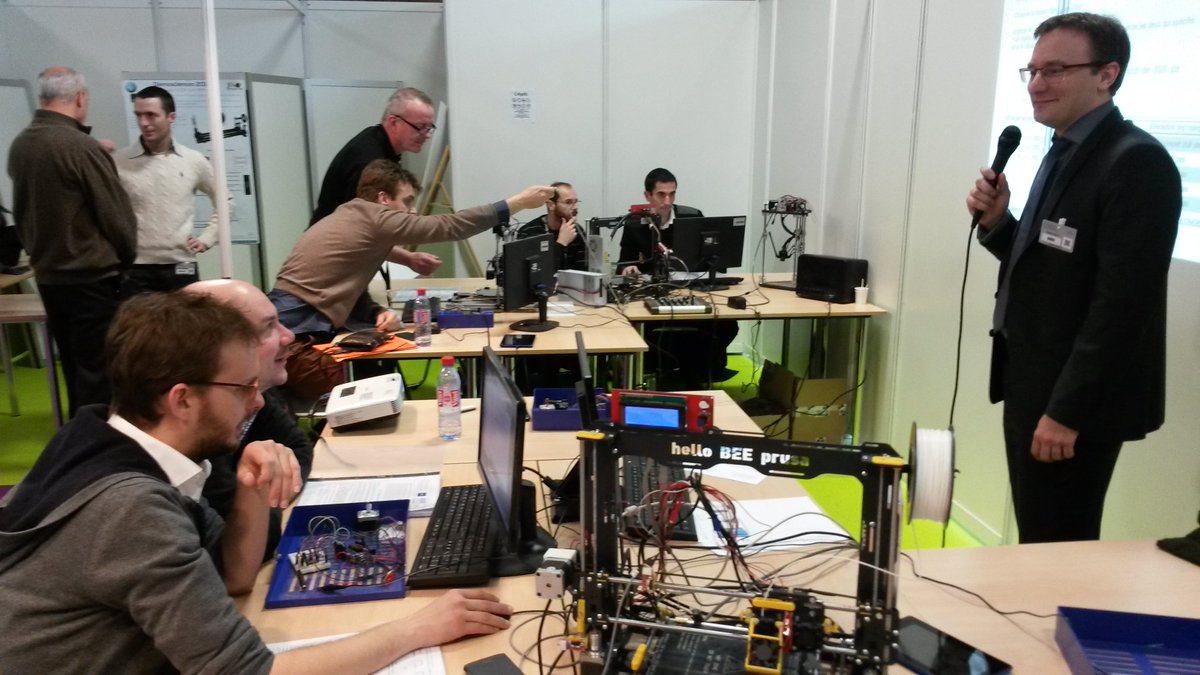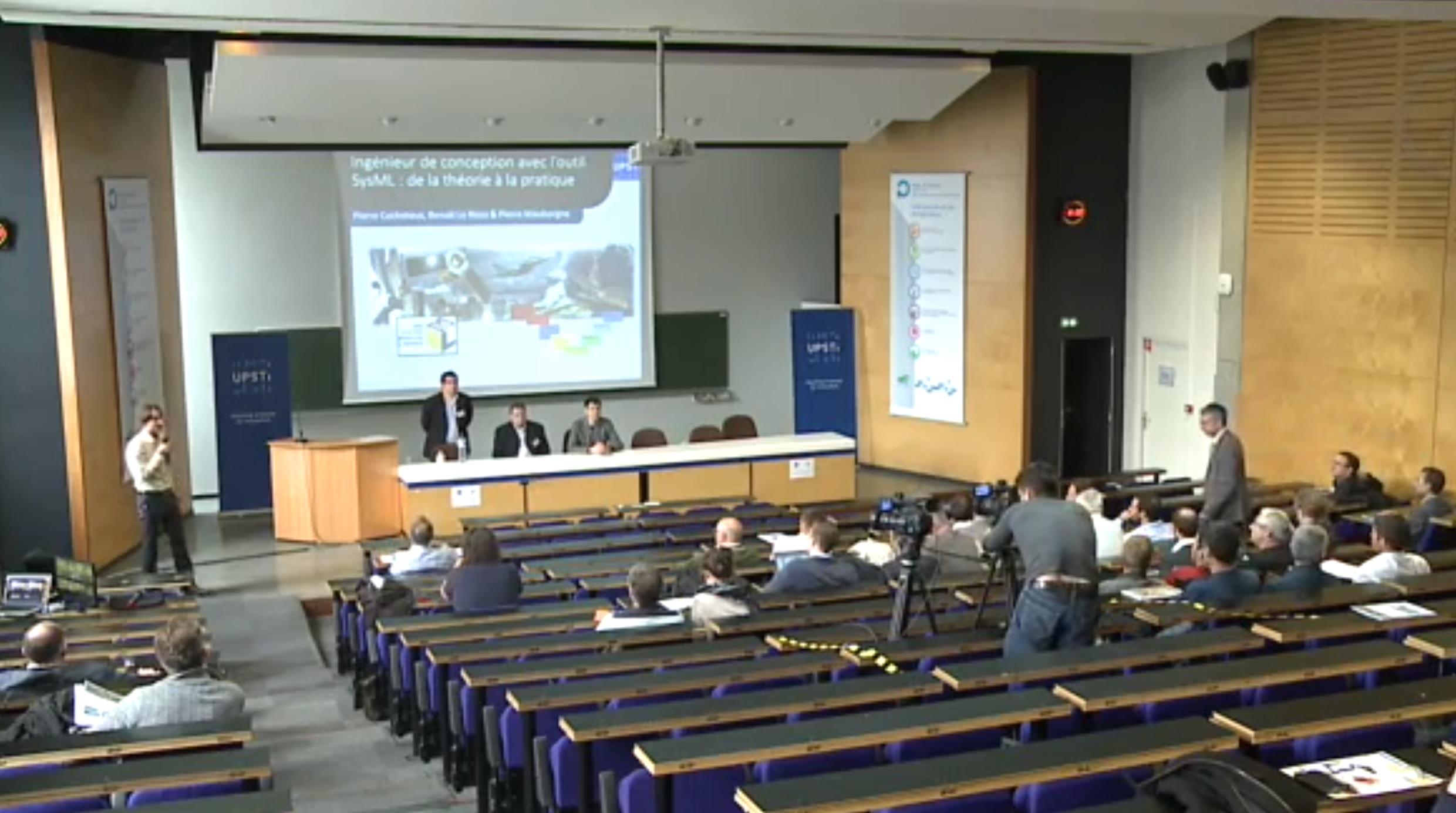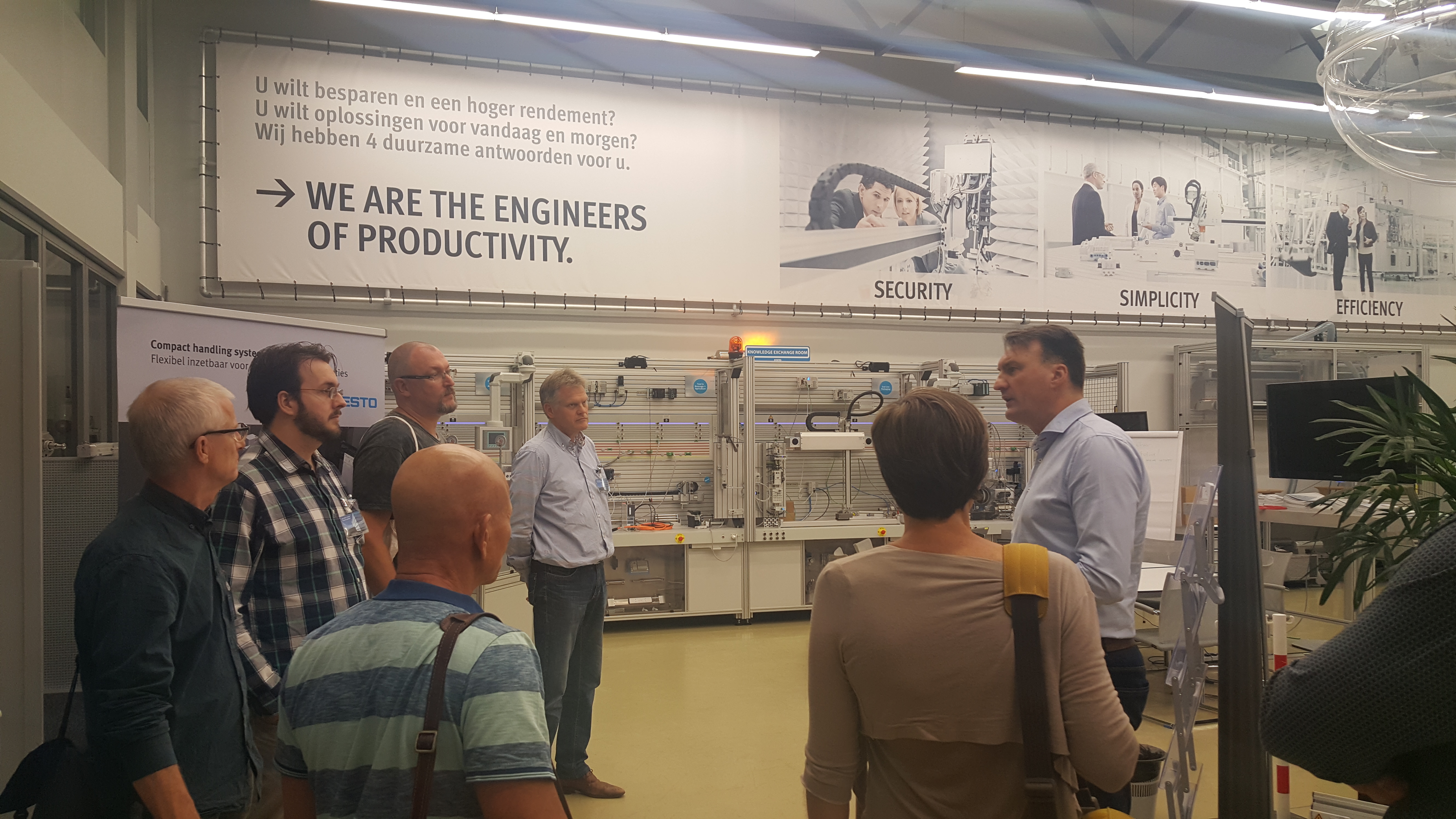Building a School STEM Environment (STEM programme of the government of Bulgaria)
The national program 'Building a School STEM Environment' is a large-scale STEM programme of the government of Bulgaria. Its primary focus is to create new school 'centers' - an integrated set of specially created and equipped learning spaces with a focus on the study and application of competencies in the field of natural sciences and mathematics in state and municipal schools in the country. The centres will support a range of education innovations, including new teaching methods, teaching environments and educational content.
The national program 'Building a School STEM Environment' aims to create new school centers - an integrated set of specially created and equipped learning spaces with a focus on the study and application of competencies in the field of natural sciences and mathematics in state and municipal schools in the country. Each school center will include the following elements:
- physical environment (improvement of the interior architecture and furnishing of existing spaces)
- technology (equipment)
- learning content,
- teaching methods
- management of the educational process.
The main objective of the programme is to create an integrated learning environment for a new generation in Bulgarian schools, which will encourage and support educational innovations in teaching and learning in the field of STEM, creativity and research. The investments will support the introduction of new teaching methods, raising the qualification of pedagogical specialists and creating new educational content in the direction of integrating the subject areas of STEM. The Program is in line with Bulgaria's Digital transformation Policy and National Science Strategy 2017-2030.
To achieve this, the programme is aimed at schools with (already) innovative practices and those with the potential to develop innovations in science, digital technology, engineering thinking and mathematics (STEM). The national program will create "models" in some Bulgarian schools for successfully investing in a comprehensive idea, including learning environment, technology, management, integrated content, qualifications and teaching methods. The 'Education of Bulgarians Abroad and School Network'-directorate is responsible for the implementation of the programmme.
Тhe program includes two main activities:
- Activity I: LARGE PROJECTS (up to BGN 300,000) for the students above 300
- Activity II: SMALL PROJECTS (up to BGN 50,000) for the students below 300
Тhe first activity envisages the projects to be complete, unified centers with a specific focus (such as: Center for Young Researchers; Center for Technologies in Creative Industries; Center for Digital Learning Creators; Center for Science, Research and Innovation) which include several classrooms, as well as the adjacent common spaces. The total value of the project can include a combination of construction and repair activities for the transformation of existing spaces, furniture, equipment, teacher training, creation of integrated learning content and more.
The second activity includes projects that will transform and equip smaller physical spaces - one or two classrooms or corners in an existing space. Although smaller in terms of funding, these projects have the same objectives as the larger ones: creating conditions for the development of skills related to creativity in digital technologies; experimental work; developing engineering thinking and problem solving skills; work on projects and assignments with practical orientation in science and technology.
The total value of the project can include a combination of construction and repair activities, furniture, equipment, teacher training and more in the following type projects: Corners type "workshops"; Research laboratories; Classroom for creative digital creators.
The program is implemented on the territory of the Republic of Bulgaria and covers all state and municipal schools. To measure its reach, the programme utilises the following implementation indicators in the first phase of the project:
- Number of completed large projects (up to BGN 300,000) - up to 50 schools
- Number of completed small projects (up to BGN 50,000) - up to 100 schools
For its final result, the program aims to create innovative training centers with focus on STEM, which include key changes (from the existing situation) in the following areas:
- educational environment
- educational content
- teaching methods
- organization and management of school processes
Objectives / indicators specifically related to STEM goals include:
- increasing the motivation of students to study science and mathematics;
- creating opportunities for project-based training, integrative knowledge, training on scientific topics and changing educational paradigms;
- increasing the engagement, skills and achievements of students (digital literacy; digital arts and creativity; skills related to the requirements of the industry; skills to solve real problems of life and business; mathematical thinking; skills to create technological solutions; work in team, critical thinking, etc.);
- encouraging students to create and improve technological solutions in the field of mechanics, programming and artificial intelligence;
- skills development for the creation of new technologies and automation;
- increasing the number of students interested in university specialties and jobs in the technology industries;
- contribute to the growth of technology industries and their share of GDP.
The necessary funds for the implementation of national education development programs for 2020 are provided from the budget of the Ministry of Education and Science and from the central budget. The total STEM program budget is 20 000 000 BGN (10 225 838 Euro), which covers 150 projects in total funding (selected by competition).







